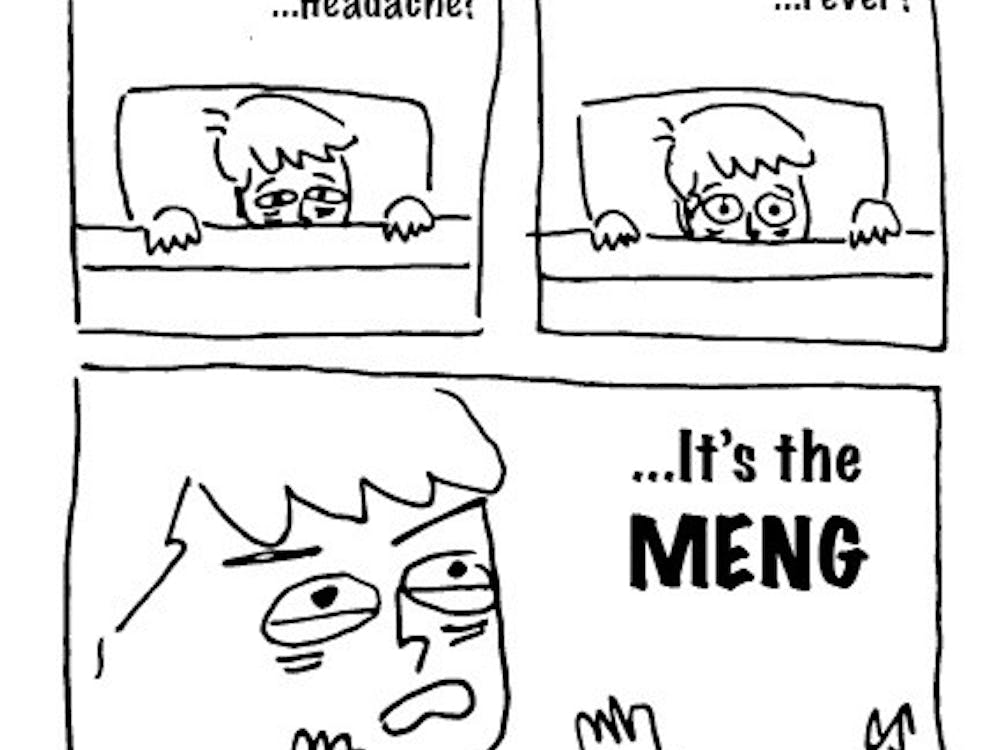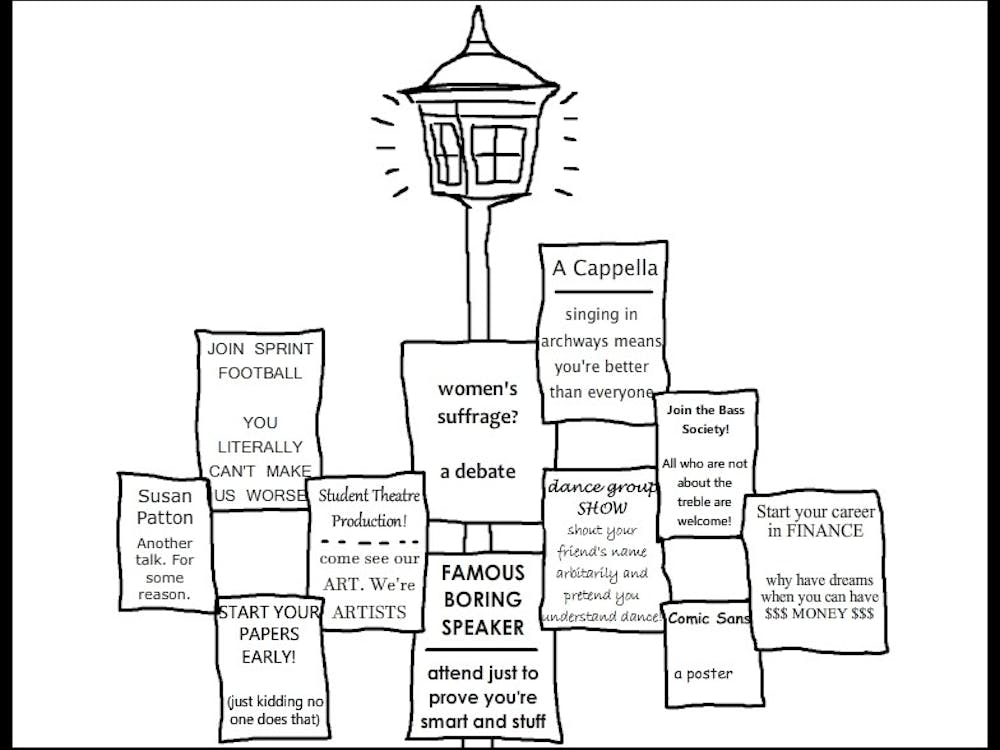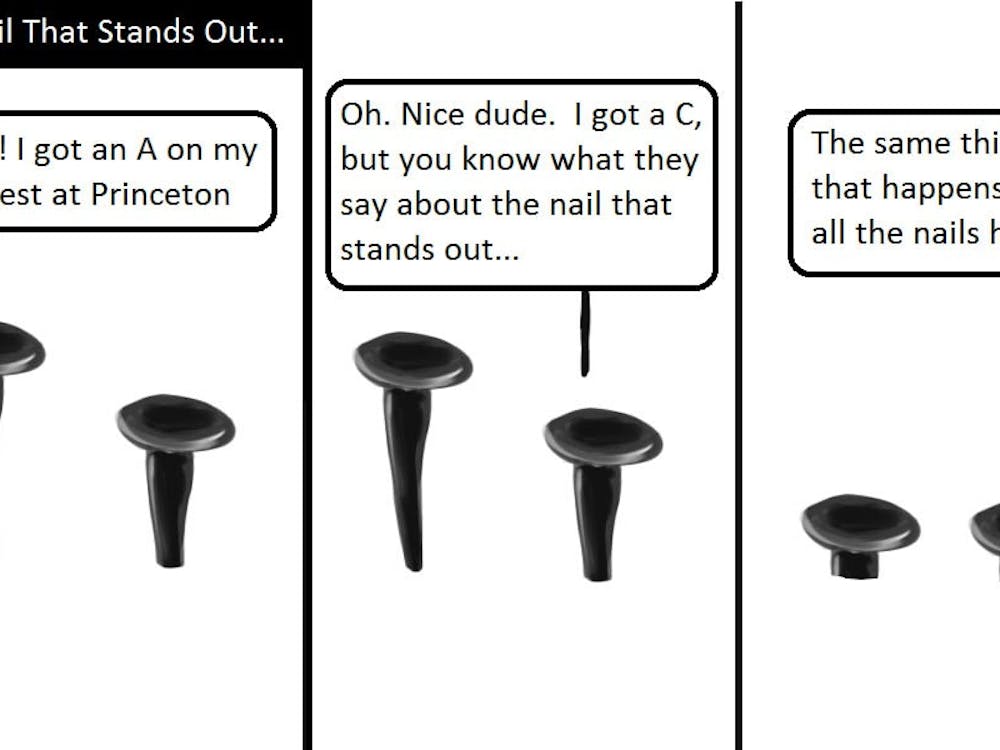Privacy should be a right
Daily Princetonian Contributor and Logan SanderThe number of bottles grew over time—first shampoo and conditioner, then hair gel. “This guy must really love his hair,” my friend told me after finding such hair products crowding the men’s bathroom on multiple occasions.









